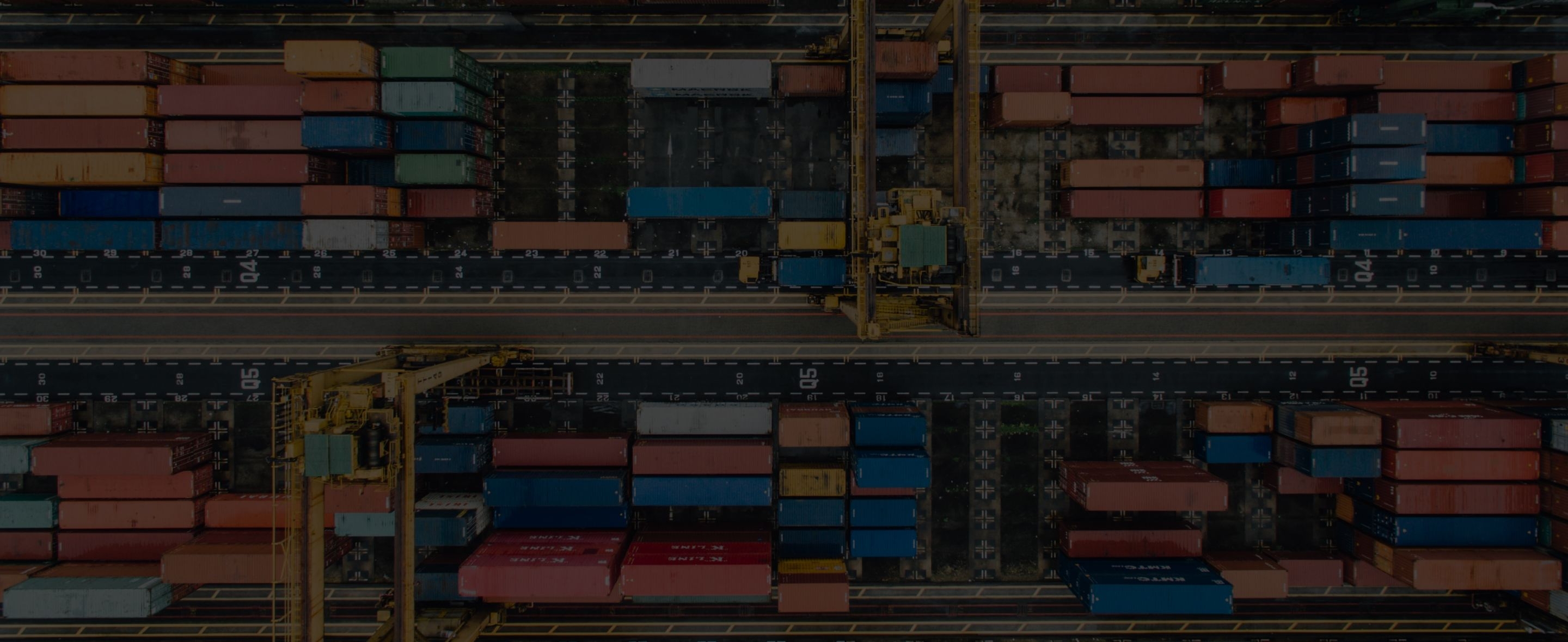
Ship container to Saudi Arabia



How much does it cost to ship a container to Saudi Arabia
China, the US, and Germany are the three major trading partners of Saudi Arabia. Ocean freight shipping will range from $289 for a 20-foot container to $3,000 for the larger containers. Saudi Arabia occupies most of the Arabian Peninsula, is geographically speaking, it’s the second largest country in the Arab world. It’s also the world’s second-largest oil producer and largest exporter, controlling the world’s second-largest hydrocarbon reserves. Its main imports include refined petroleum, cars, and packaged pharmaceuticals.
POPULAR TRADELANES
Shipping rates from/to Saudi Arabia
TESTIMONIALS
What Customers Have To Say
"iContainer´s platform is very user-friendly and provides us with the ease of mind with their automated pre-alerts. We highly recommend their services and diligent follow-up on rates and shipment status"

Irene Chang
Sales Executive at Transworld GLS
iContainers, as a provider, stands out for its level of service and quick responses. They verified the reservation as soon as the operation was opened.

Patrick G. Waddle
General Manager at Advance Global Logistics
The ability of iContainers' platform to provide a quick quote exceeded my expectations. It looked very simple, but at the same time it was exactly what we were searching for.

Yuriy Pukhkalo
Business Development Manager at Prime League Inc.
500,000 +
RATES AVAILABLE
40,000 +
ROUTES TO CHOOSE FROM
1,000 +
PORTS AROUND THE GLOBE
GETTING STARTED
Ship your cargo with iContainers

BOOK the best freight quote of the market

MANAGE your shipment online

TRACK your shipment in real time 24/7
Main ports in Saudi Arabia
If you’re looking for different ports to choose from for your ocean freight transport to Saudi Arabia, you’ve come to the right place. iContainers operates in 6 ports in Saudi Arabia from the United States and 6 ports in Saudi Arabia from Spain for container shipping in FCL or LCL.
FAQ
FAQs about shipping your container to Saudi Arabia
What is the estimated transit time for shipping a container to Saudi Arabia?
Although transit time widely varies according to a number of factors, the first question you want to ask yourself when thinking of shipping a container to Saudi Arabia is what route you’re going to choose. The route Seattle – Jeddah takes around 69 days on average for instance, while the estimated transit time for the route Algeciras, Spain – Jeddah is the shortest with an average of 9 days.
How do you figure out shipping cost to Saudi Arabia?
Shipping costs are determined by different aspects related to the services you require for your ocean freight. Invariable costs include those set by your cargo’s volume and size, the Incoterm you choose for your transaction, the kind of container you need and the port of origin and destination for your selected route. You will then also have to factor in any special requirement you may have for your freight -e.g., hazardous goods tend to lead to higher costs.
FOB vs CIF: What´s the difference?
However similar the FOB and CIF Incoterms may seem, discrepancies among the two are actually substantial and essential. So, let’s get you up to speed on the basics: if you’re under CIF, the selling party is responsible for the goods all the way up to when they arrive at the destination port chosen by the buyer; if you’ve selected FOB, the seller will only be held liable for the goods until they’re loaded on the vessel, at which point liability is passed onto the buyer.
What type of cargo can be sent in a container?
Choosing the right container for your goods is definitely one of the most important decisions you will take during your ocean freight process. You will find there are several containers to pick from that offer special conditions such as ventilation or refrigeration – conditions you will be sure to need if you’re dealing with perishable cargo. However, if it’s dry bulk we’re talking about, standard dry shipping containers are probably your best choice.
What container capacity do I need for my cargo?
Dry shipping containers come in several sizes and dimensions. You will find the smallest is 20ft and offers 1,172 CFT / 33.2 CBM of volume capacity, while the largest is 45ft and has a volume capacity of 3,122 CFT / 88.4 CBM. That being said, if your shipment is particularly low-volume, you may want to go for a Shared Container (LCL) and pay only for the space your goods take up.
What paperwork is needed for international shipments to Saudi Arabia?
Getting hold of all necessary paperwork for international shipping is a tedious process – we get it. Figuring out exactly what you need to provide may be even more so, so here’s a quick pointer we hope helps: there are certain documents - a Bill of Lading, a packing list or a commercial invoice, for instance – that tend to be mandatory in any ocean freight transaction but you should know each country and even every type of cargo will require complimentary and specific forms.